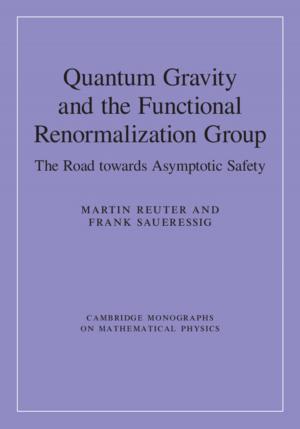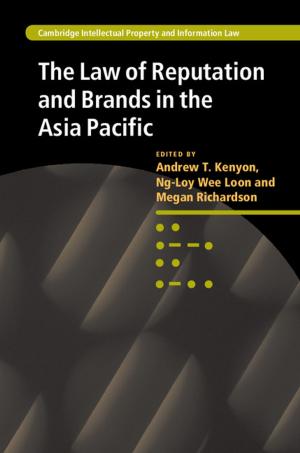Multilateral Environmental Agreements
Legal Status of the Secretariats
Nonfiction, Reference & Language, Law, Environmental, International| Author: | Bharat H. Desai | ISBN: | 9780511848452 |
| Publisher: | Cambridge University Press | Publication: | April 19, 2010 |
| Imprint: | Cambridge University Press | Language: | English |
| Author: | Bharat H. Desai |
| ISBN: | 9780511848452 |
| Publisher: | Cambridge University Press |
| Publication: | April 19, 2010 |
| Imprint: | Cambridge University Press |
| Language: | English |
The present study seeks to examine the genesis, development, and proliferation of multilateral environmental agreements (MEAs) - in-built law-making mechanisms and processes of institutionalization - and their ad hoc treaty-based status and the issue of the legal personality of their secretariats. It provides legal understanding of the location of MEA secretariats within an existing international host institution, as well as discussion of the issue of relationship agreements and interpretation of the commonly used language that triggers such relationships. It places under scrutiny the standard MEA phrase 'providing a secretariat', delegation of authority by the host institution to the head of the convention secretariat, possible conflict areas, host country agreement, and the workings of the relationship agreements. The book offers an authoritative account of the growing phenomenon in which an existing international institution provides a servicing base for MEA that, in turn, triggers a chain of legal implications involving the secretariat, the host institution, and the host country.
The present study seeks to examine the genesis, development, and proliferation of multilateral environmental agreements (MEAs) - in-built law-making mechanisms and processes of institutionalization - and their ad hoc treaty-based status and the issue of the legal personality of their secretariats. It provides legal understanding of the location of MEA secretariats within an existing international host institution, as well as discussion of the issue of relationship agreements and interpretation of the commonly used language that triggers such relationships. It places under scrutiny the standard MEA phrase 'providing a secretariat', delegation of authority by the host institution to the head of the convention secretariat, possible conflict areas, host country agreement, and the workings of the relationship agreements. The book offers an authoritative account of the growing phenomenon in which an existing international institution provides a servicing base for MEA that, in turn, triggers a chain of legal implications involving the secretariat, the host institution, and the host country.















